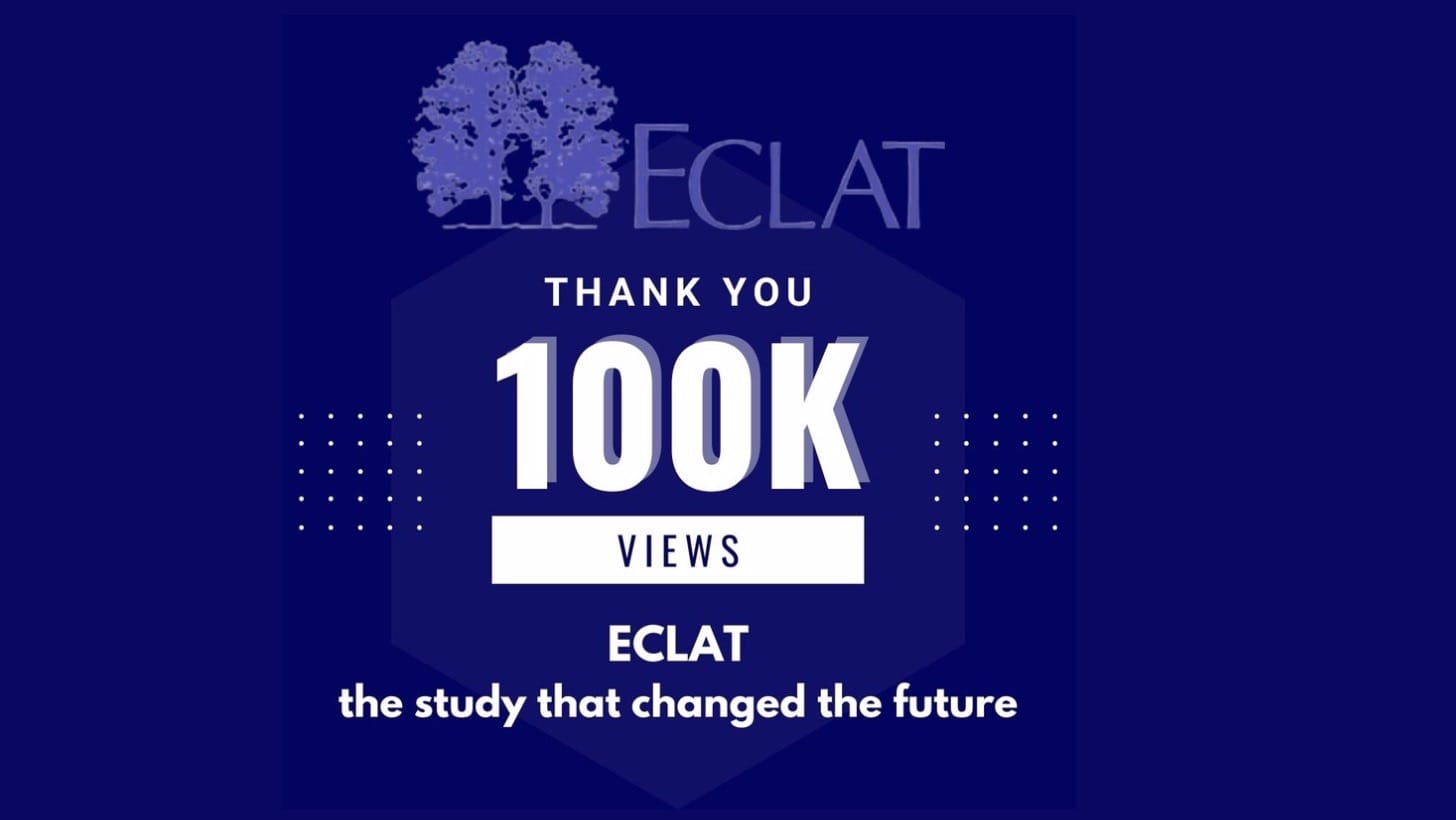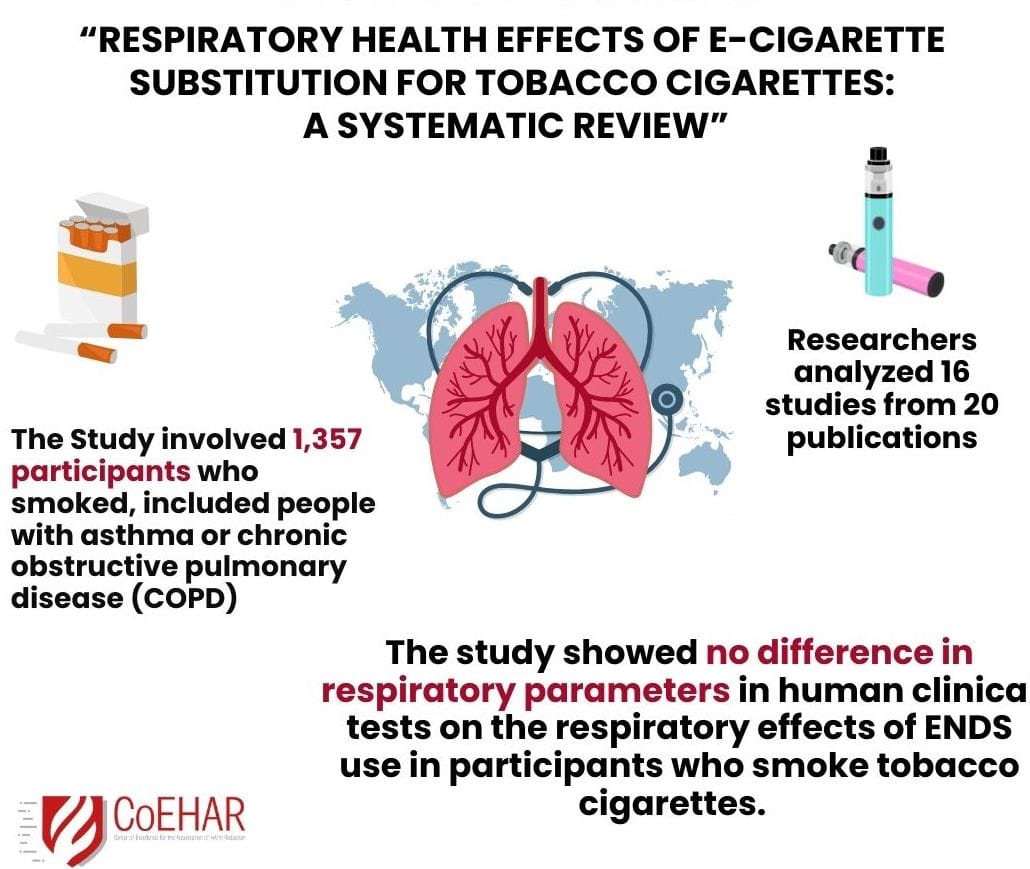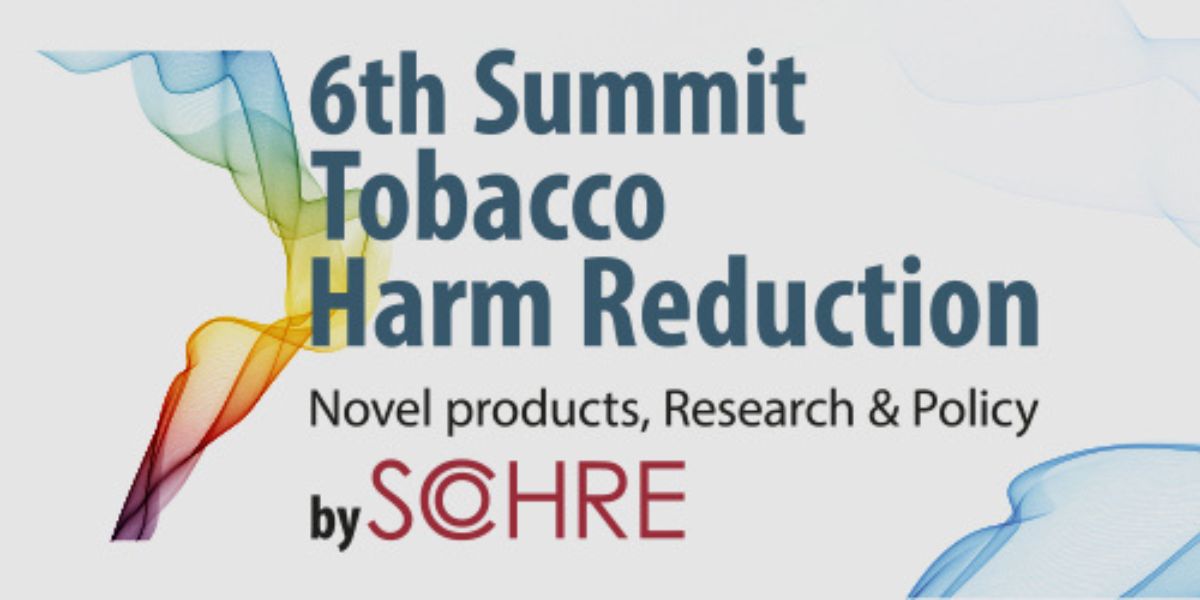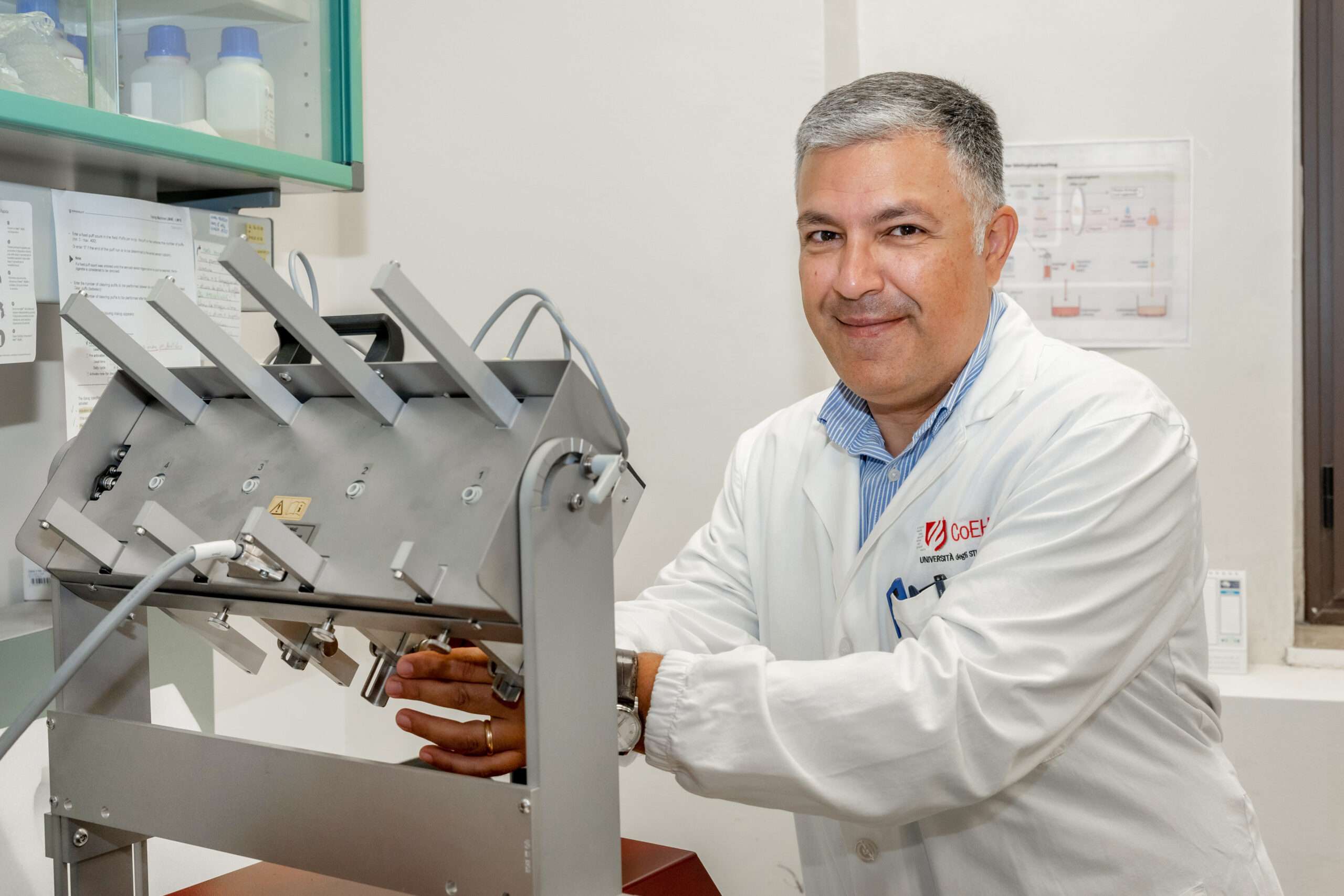CoEHAR teams up with US expert to refute ecig study
The COEHAR founder, prof. Riccardo Polosa, in collaboration with experts from US (Floe Foxon, Ray S. Niaura, K. Michael Cummings, Michael Siegel and Neal Benowitz) published a commentary to analyze data and methodologies used to support the paper’s conclusions.










